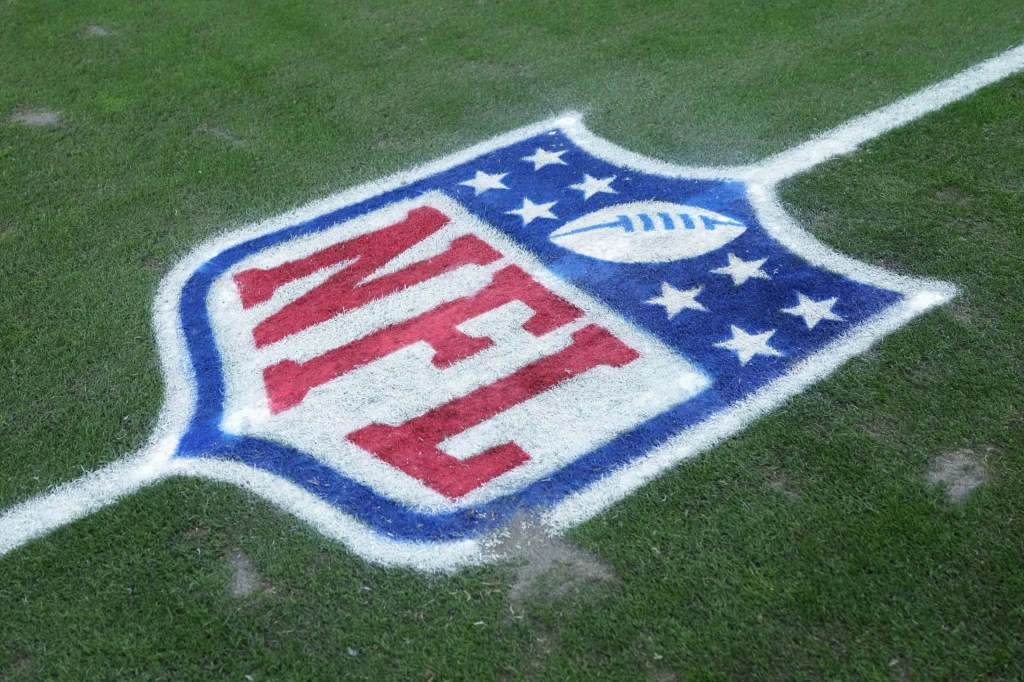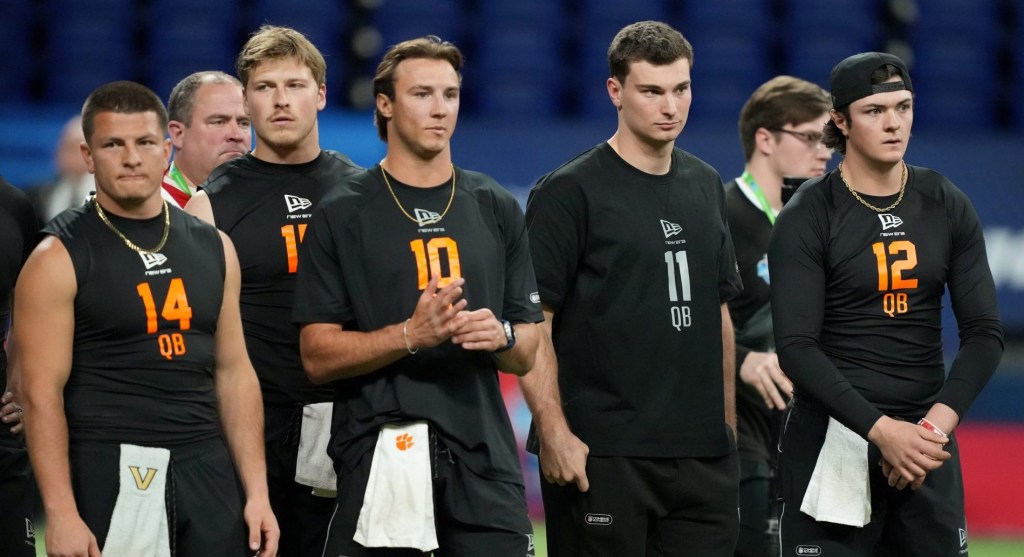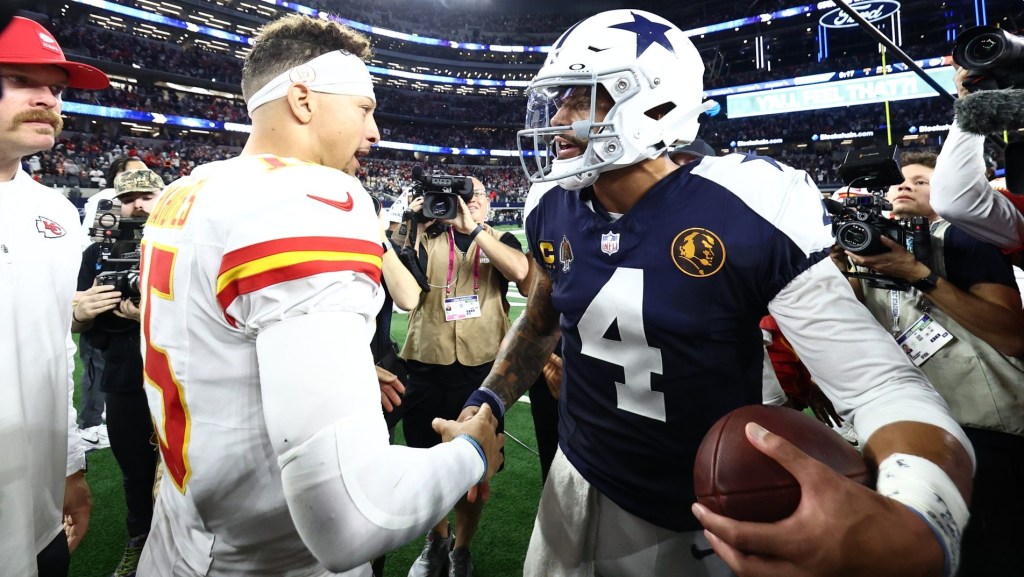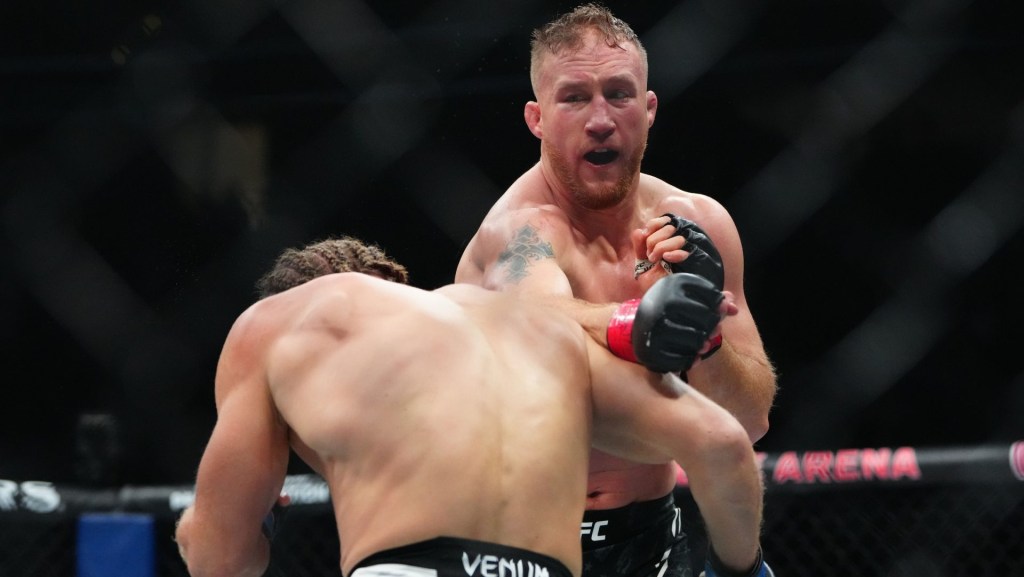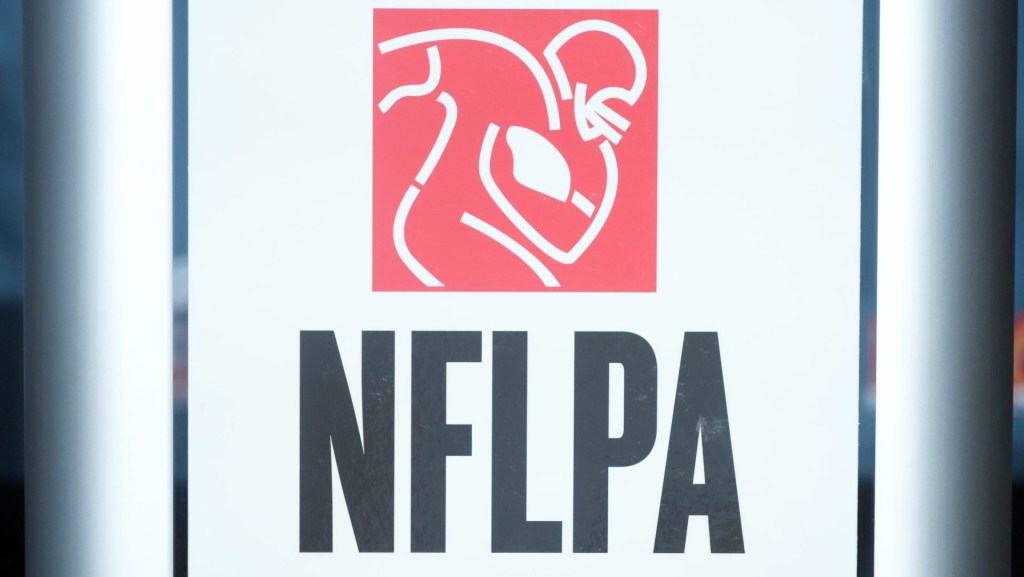In its sophomore season, fan enthusiasm for the Professional Women’s Hockey League hit new heights. In February, the league set an attendance record for a professional women’s hockey game in the U.S.—then broke it two months later. And its nine-city takeover tour averaged more than 13,000 attendees and helped it pick its first two expansion teams.
But despite its success in attracting new fans to women’s hockey, the PWHL hasn’t reached mainstream status. For that, it may just need a generational star.
“I’d love to get to the point where our players have crossed over culturally, similar to the Caitlin Clarks, the Angel Reeses, the Alex Morgans, all these great players—that our players have now entered the conversation outside of sports and are part of everyday culture and conversation,” PWHL EVP of business operations Amy Scheer said at the Front Office Sports Future of Sports: Leagues of Their Own event.
To get stars that cross over into mainstream culture, you need talent, of course, but you also need lightning in a bottle. David Beckham wasn’t the world’s top player when he moved to MLS in 2007, but his celebrity—burnished by a Spice Girl spouse, underwear modeling ads, and the film “Bend It Like Beckham”—accompanied him to the States, making the fledgling league a destination for European-born stars.
Clark wasn’t married to a pop star or getting namechecked in films, but she entered the mainstream at a time when women’s hoops needed a shot in the arm. With Clark on point, Iowa’s 2024 championship game against South Carolina drew 18.9 million TV viewers, almost doubling the previous viewership record for a women’s championship while eclipsing the men’s viewership for the first time ever. Fans followed Clark to the WNBA, where attendance shot up 48% from the previous season.
Even if the popularity of women’s basketball had plateaued before Clark’s arrival, it was at least a known quantity. Some leagues aren’t yet at a point where talent or celebrity will move the needle. “I think we’re at a point in our country with our sport that we’re educating the fan on what the game is,” said Major League Rugby chief revenue officer Lucas Reid. Getting internationally recognized players into the league, which is set to start its eighth season, would be a nice thing to have, but it isn’t a focus, given that American fans are still navigating the rules.
Grand Slam Track, which is in its debut season, is in an altogether different position. While track is a globally watched sport that has produced household names like Usain Bolt and FloJo, it nonetheless lacks a recognizable platform for athletes outside the Summer Olympics. President and COO Steve Gera plans to give it to them, starting with four-time Olympic gold medalist Sydney McLaughlin-Levrone and three-time gold medalist Gabby Thomas. Grand Slam Track’s strategy of “stakes, stories, stars” is designed to grow the athletes’ profiles and the league’s at the same time.
“That flywheel of an athlete actually being able to build themselves up only helps us grow,” said Gera, “because it actually extends the amount of storytelling that we can do about our athletes on an annual basis.”
So far, upstart leagues like the PWHL have been doing a lot of the storytelling themselves. Soon, they hope to have stars writing storylines that the whole country follows.






![[Subscription Customers Only] Jun 15, 2025; Seattle, Washington, USA; Botafogo owner John Textor inside the stadium before the match during a group stage match of the 2025 FIFA Club World Cup at Lumen Field.](https://frontofficesports.com/wp-content/uploads/2026/02/USATSI_26465842_168416386_lowres-scaled.jpg?quality=100&w=1024)
![[Subscription Customers Only] Jul 13, 2025; East Rutherford, New Jersey, USA; Chelsea FC midfielder Cole Palmer (10) celebrates winning the final of the 2025 FIFA Club World Cup at MetLife Stadium](https://frontofficesports.com/wp-content/uploads/2026/02/USATSI_26636703-scaled-e1770932227605.jpg?quality=100&w=1024)

![[US, Mexico & Canada customers only] Sep 28, 2025; Bethpage, New York, USA; Team USA's Bryson DeChambeau reacts after hitting his approach on the 15th hole during the singles on the final day of competition for the Ryder Cup at Bethpage Black.](https://frontofficesports.com/wp-content/uploads/2026/03/USATSI_27197957_168416386_lowres-scaled.jpg?quality=100&w=1024)
